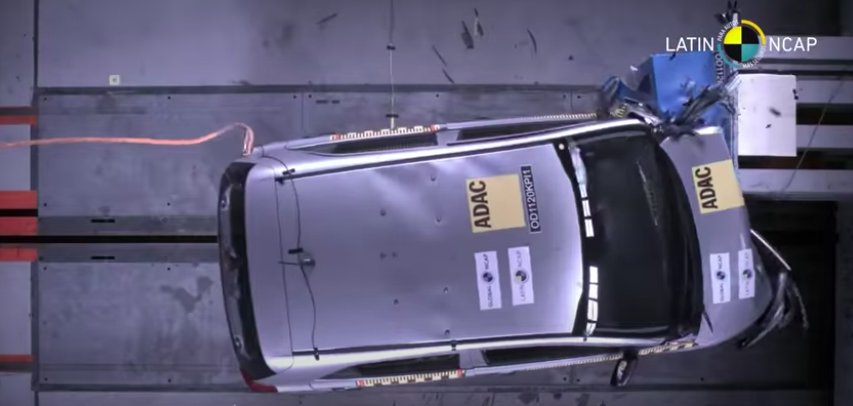Kia Picanto Scores Zero Stars In Latin NCAP Crash Test

The New Car Assessment Program (NCAP) has been around since 1979, created by the U.S. National Highway Traffic Safety Administration. Since then, the non-profit organization, which crashes cars to make sure you'll live in the event that you're in one, has reached several regions of the globe.
Latin NCAP is one of the NCAP regional arms, concerned about the safety of cars available in Latin America and the Caribbean. It was founded in 2010.
The latest vehicle to be tested by the Latin NCAP was the Kia Picanto (facelifted model in the gallery above), with results that are quite far from being impressive. Of note, the small South Korean hatchback known as the Kia Morning in its home country garnered zero stars in the recent testing. Zero.
To be fair, the Picanto that was tested didn't have too much going for it in terms of safety equipment with only a driver's airbag, belt pre-tensioners, and seatbelt reminders standard in the test vehicle. Anti-lock braking system (ABS) wasn't standard as well, while ESC, front passenger airbag, and side chest airbags for both front occupants were all optional equipment found in top-spec variants.
As such, the Picanto performed poorly in adult protection, particularly in the chest area. This automatically brought the scores down to zero for both front and side impacts. The small hatchback also scored poorly in whiplash protection, as well as in child occupant protection.
This isn't the first time that a car scored zero stars in Latin NCAP. A quick search on its official website revealed the Chery Tiggo 3 (with two airbags), Hyundai Accent (with no airbags), and Mitsubishi L200 (with no airbags) all getting zero stars in adult occupancy protection while garnering a few in child occupancy protection. These vehicles were tested from September 2018 to November 2019.
Related News


